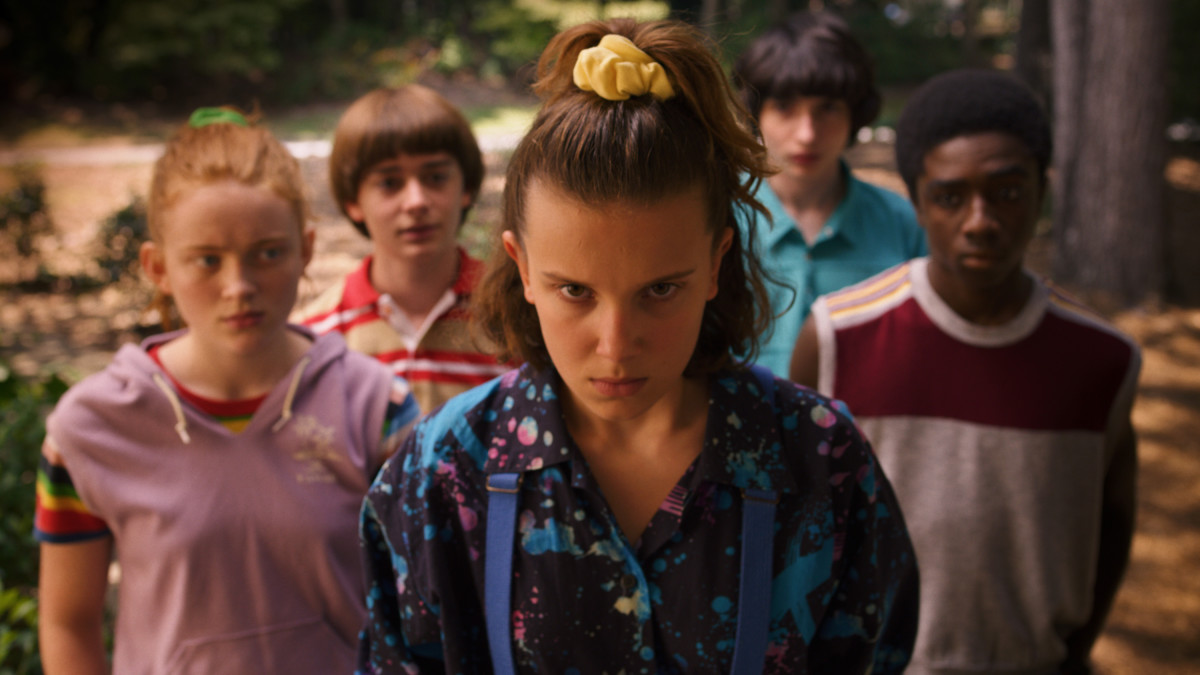Thought Catalog
4w
366

Image Credit: Thought Catalog
‘Stranger Things’ Is Our Last Great Childhood Escape From The Digital Age–Here’s Why
- Stranger Things taps into a vision of childhood that's nearly extinct, emphasizing kids being kids without constant digital presence.
- The show features children exploring actual territories, setting up hideouts, and facing real danger without adult supervision.
- Unlike today's monitored childhood, the kids in Hawkins experience freedom and adventure without GPS tracking or constant oversight.
- The show showcases a time when problem-solving required resourcefulness and creativity, without the aid of smartphones or immediate access to information.
- Stranger Things portrays victories as earned through genuine experimentation and courage, where mistakes have consequences unlike in today's digital age.
- Friendship is depicted as physical and demanding, requiring real presence and interaction, in contrast to today's digital connectivity.
- The exploration of productive boredom leading to genuine discovery in Stranger Things highlights the importance of unstructured time for curiosity and adventure.
- The show emphasizes that actions had weight and consequences couldn't be undone, contrasting with the virtual worlds and safety nets of modern childhood.
- Stranger Things presents childhood as a transformative period with genuine challenges, courage, and real consequences, shaping the characters into fundamentally different individuals.
- It serves as both an elegy for lost aspects of childhood and a reminder of what growing up should entail: meaningful experiences that go beyond mere time-passing.
Read Full Article
22 Likes
For uninterrupted reading, download the app